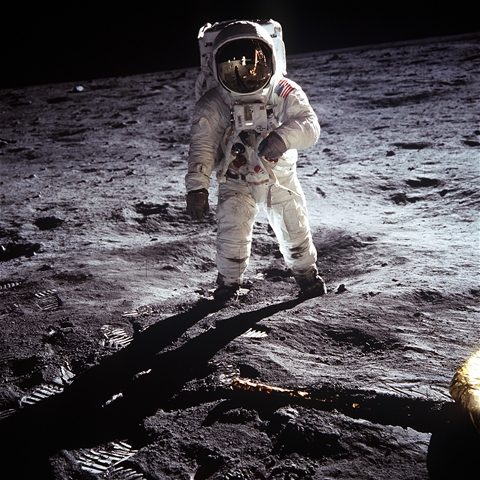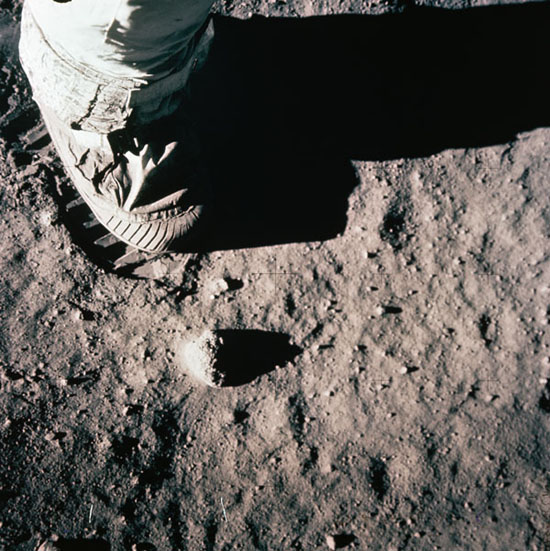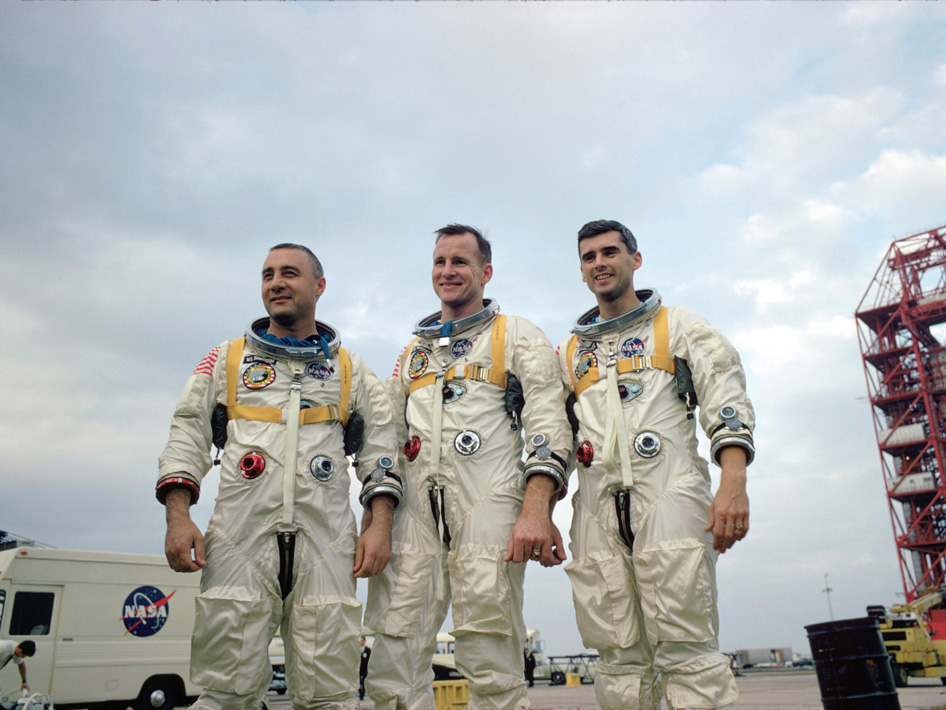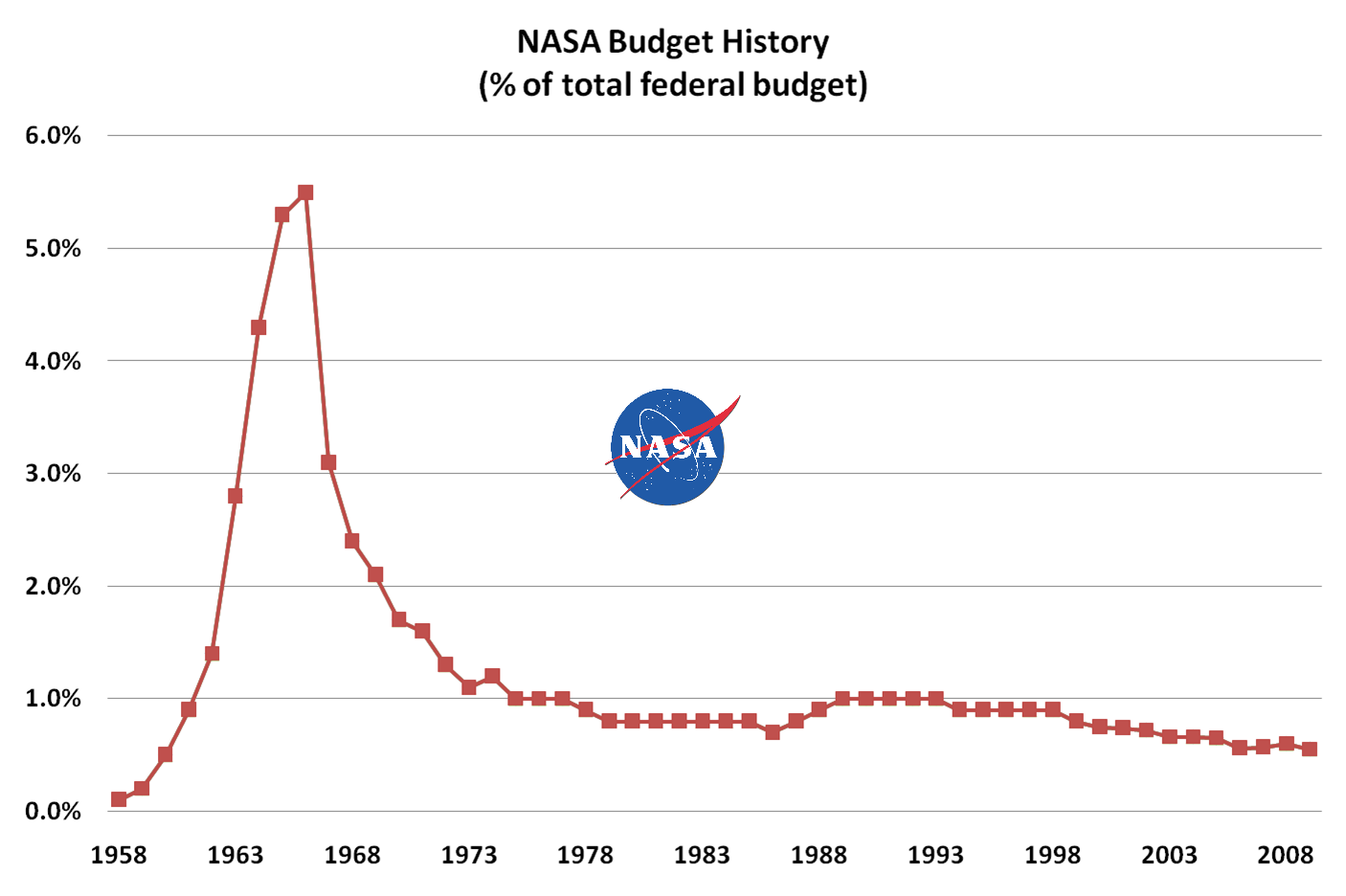SlashGear 101: Spaceflight
It's said that what's so amazing about spaceflight is that how fast man has accomplished it. It took less than 60 years from the time that the Wright Brothers stretched their wings at Kitty Hawk to when Yuri Gregarin became the first man to orbit the earth. Less than nine years after that, Neil Armstrong to that one small step, putting man on the moon by the end of the decade. Since then, manned space flight has be confined to low earth orbit, but man has reached far outside it's solar system with various unmanned probes which have reached the boundaries of interstellar space. So what is spaceflight, how risky is it and is it worth the billions spent every year by taxpayers? This SlashGear 101 will answer some of those questions.
Where did it all begin, and how did we get here?
To pinpoint when man actually had to the dream to "slip the surly bonds of earth and touch the face of god,"* one has to go back to the first early humans who looked up in the night sky and wondered what those bright lights were. But the first documented attempt of spaceflight took place in 1500, in China. A man by the name of Wan Hu stapped hundreds of fireworks to a wooden chair and strapped himself in. It didn't work out too well for Wan Hu, as the chair exploded and Hu disappeared in a cloud. Legend has it he made it. But in the end, he became the first casualty of spaceflight.

But that didn't stop others who dreamed someday of going into space. From Galileo, who invented the modern telescope, to Jules Verne, the father of science fiction, man has dreamed about traveling into space. Robert Goddard began experimenting on rockets even before the Wright brothers first flight at Kitty Hawk. But the first successfully rocket flew in 1926. Then, during World War II, Dr. Werner Von Braun designed and built the German's V2 rocket, the first ballistic missile. It rained down explosives on London in the waining months of the war. Operation Paperclip spirited Von Braun and many of his scientists back to America along with several completed V2 rockets. Others were taken to Russia. And the space race was born.
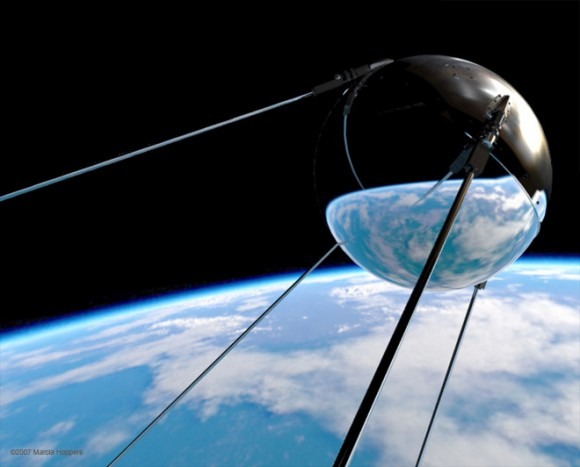
Round 1 went to the Russians with Sputnik, the first satellite to launch in 1957. America followed up with a series of embarrassing launch failures before they finally made it with Explorer One. Round 2 also went to the Russians with Yuri Gregarin's epic solo flight. Astronaut Alan Shepard became the first American into space a few weeks later. With round 3, it seemed the Russians couldn't be stopped as Alexy Leonov became the first man to walk in space. Ed White followed up in Gemini IV.
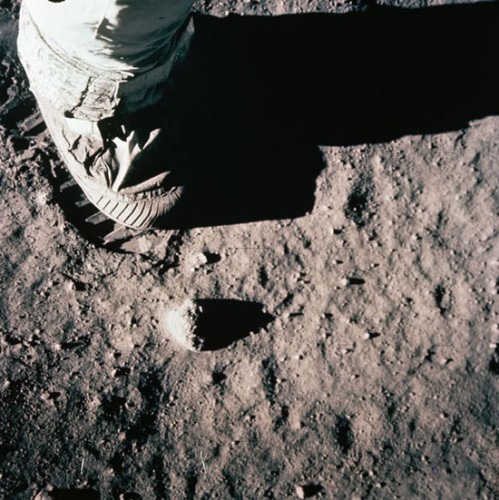
But it wasn't long before NASA's efforts paid off and America's space program leap-frogged the Russians. By the end of the decade, as promised by President Kennedy, Neil Armstrong became the first man to walk on the moon. Since then, 11 others took that one small step. Then man confined their space efforts to low earth orbit in space stations like Salyut, Skylab, and MIR. Then, in the 90s, in a joint international effort, the International Space Station established a permanent outpost in space. And with the final flights of the space shuttle, NASA will be going dark, of sorts, only relying on piggy back rides to the ISS from the Russian Space Agency.
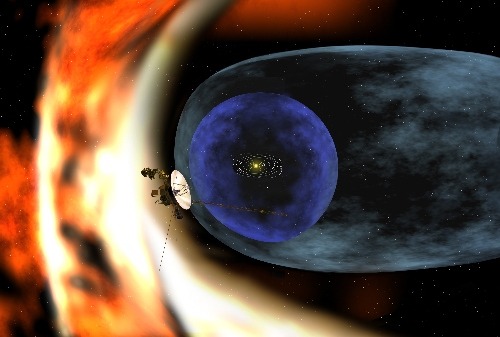
Robotic probes have gone further, though, traveling to Mars, Venus, just about every planet in our solar system. And some have left our solar system for the dark reaches of the interstellar Void. And countries like China, Japan, and the European Space Agency all have their sites of going into space.
Isn't it too risky?
Manned space flight is very risky. To date, over 450 astronauts have gone into space. 22 have died either in accidents related to space flight or in space itself. And that doesn't include ground personnel who have died as a result of explosions and mishaps. Is it risky? Absolutely. Is it worth it? I'll leave it to Astronaut Virgil I. "Gus" Grissom, who said: "If we die, we want people to accept it. We're in a risky business, and we hope that if anything happens to us it will not delay the program. The conquest of space is worth the risk of life."
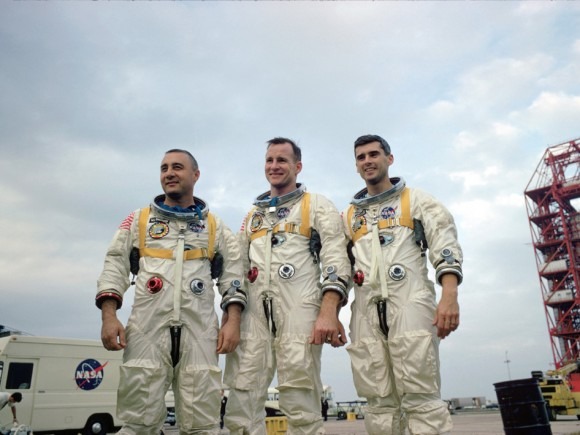
Why is it worth the risk?
Some people think that man is wired for exploration. From the early humans who sought to cross vast expanses of Ocean for trade, to the Viking explorers who rowed across the Atlantic to settle in North America before Columbus. There's even evidence that long before that, people were exploring our world, and looking to the stars. So perhaps we're wired for exploration.
Apollo Astronaut Dave Scott said as he stepped foot on the moon during Apollo 15: "As I stand out here in the wonders of the unknown at Hadley, I sort of realize there's a fundamental truth to our nature, Man must explore . . . and this is exploration at its greatest."
It's to seek knowledge, and discovery. It's to learn where we've been and where we're going. And it's to better ourselves for it. In fact, the very mediums we enjoy today in the forms of the Internet, personal computers, wouldn't be possible if we didn't explore space.
Isn't it too expensive?
It's true that spaceflight is expensive. According to a recent survey, the Public believes that the Federal government spends 20% of it's budget to go into space. But that couldn't be further from the truth. In fact, compared to how much we spend and how much benefit we receive, it's the best deal going.
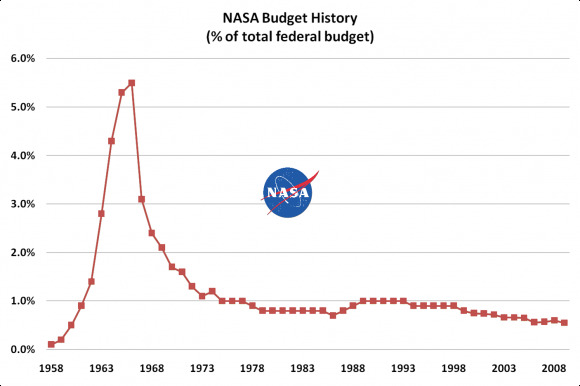
By the numbers, it costs nearly $500 million to launch and operate the space shuttle on a mission. Now that seems like a lot of money. But it really isn't. At it's height of the Apollo program, NASAs budget represented 4.41% of the Federal budget that was only for one year. Immediately after it began to decline, even before we landed on the moon. Currently, NASAs budget is .60% of the federal budget. That includes manned spaceflight, robotic missions to deep space, research on aviation and even global warming. All for less than 1%. It amounts to about less than ONE CENT per tax payer.
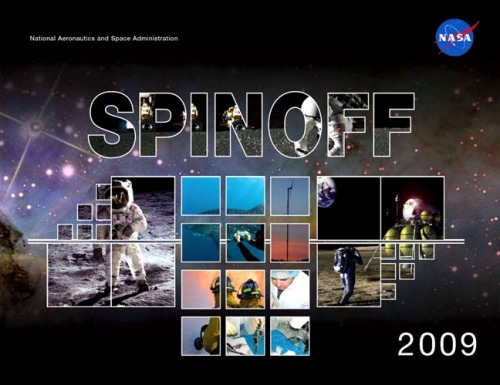
And here's what the world gets back for it's investment: — $21.6 billion in annual sales and benefits; Over 352,000 (mostly skilled) jobs created or saved,and, $355 million in annual federal corporate income taxes. In addition, for nearly 50 years, NASA has facilitated the transfer of its technology to the private sector, benefiting global competition and the economy. Thousands of innovations in computer technology: Users wouldn't have the Internet, wouldn't have laptop computers, cellphones, and more without spaceflight. Weather satellites predict hurricanes, tornadoes, and other complex weather patters. Communications power telephone communications and television broadcasting. Airbags and steel belted tires make our driving safer. Automated flight safety systems in aircraft keep air travel safer. And even that LED HDTV hanging on your wall is all due to spaceflight research. There's been innovations in dental care, farming technology, hundreds of medical breakthroughs including early cancer detection, and robotic surgery. Archeologists are even using satellites to detect lost civilizations. In fact, readers would be hard pressed not to find an innovation in their home that hasn't benefited from the research and development done to accomplish spaceflight.
So the question isn't "can we really afford to go into space with all the need there is on earth." The question really is, with all the needs here on earth, can we really afford NOT to?


